European Landcare Network founded
 In close cooperation associations from Belgium, Croatia, France, Germany, Ireland, Italy, Lithuania, Luxembourg, the Netherlands, Spain and Romania contributed to the foundation of LANDCARE EUROPE as umbrella organisation for Landcare in Europe. The network aims to establish the successful “cooperative approach” between agriculture, nature conservation and municipalities throughout Europe to preserve the diversity of the European agricultural heritage landscapes across national borders. The foundation of LANDCARE EUROPE as a registered, non-profit association took place during a one-day founding conference at the European Parliament in Brussels on June 7, 2023.For more information click here
In close cooperation associations from Belgium, Croatia, France, Germany, Ireland, Italy, Lithuania, Luxembourg, the Netherlands, Spain and Romania contributed to the foundation of LANDCARE EUROPE as umbrella organisation for Landcare in Europe. The network aims to establish the successful “cooperative approach” between agriculture, nature conservation and municipalities throughout Europe to preserve the diversity of the European agricultural heritage landscapes across national borders. The foundation of LANDCARE EUROPE as a registered, non-profit association took place during a one-day founding conference at the European Parliament in Brussels on June 7, 2023.For more information click here
BED’s annual assembly held and 2023 report accepted
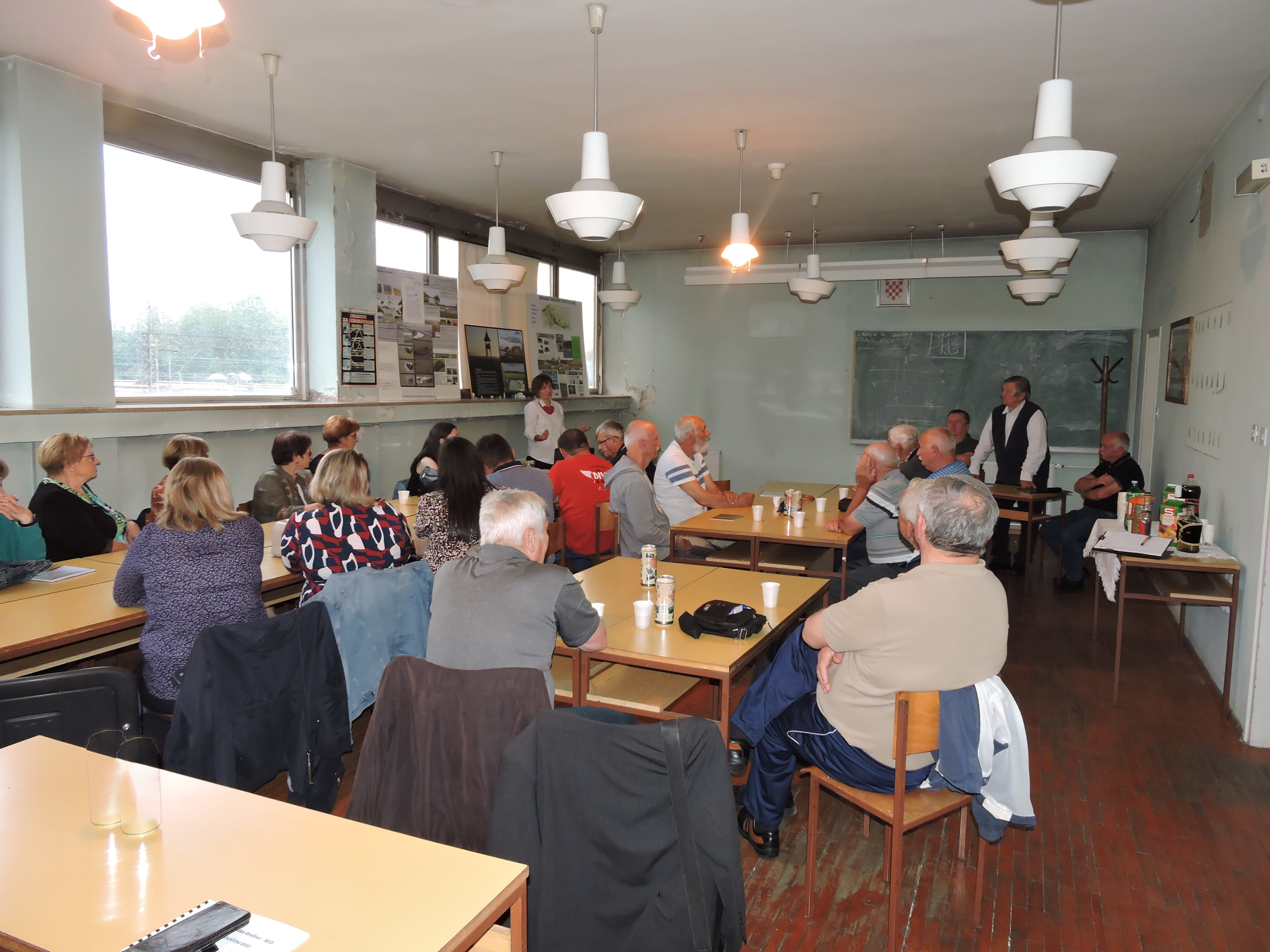 Electoral annual assembly of the organization was held in June 2024, accepting the report from previous year. In 2023, we implemented three projects in partnership - one funded by ACF Croatia and 2 from ESF (JEKA, JEDRO, METAR). We continued regular advocacy activities through groups and committees and councils in which we sit, helping civil society organizations in rural areas. Further networking, activities on the topic of common property management, preservation of natural and cultural heritage, and dedication to intersectoral cooperation and work with volunteers is still a large part of our activities. We were also in the transition phase when the long-term program at Gajna was ending, but the care of the herd and advocacy for the grazing community there continued, as did the struggle to regulate the status. The entire report for 2023 can be seen here
Electoral annual assembly of the organization was held in June 2024, accepting the report from previous year. In 2023, we implemented three projects in partnership - one funded by ACF Croatia and 2 from ESF (JEKA, JEDRO, METAR). We continued regular advocacy activities through groups and committees and councils in which we sit, helping civil society organizations in rural areas. Further networking, activities on the topic of common property management, preservation of natural and cultural heritage, and dedication to intersectoral cooperation and work with volunteers is still a large part of our activities. We were also in the transition phase when the long-term program at Gajna was ending, but the care of the herd and advocacy for the grazing community there continued, as did the struggle to regulate the status. The entire report for 2023 can be seen here
METAR to a better climate (Network for education, transition, adaptation and development)
.png)
Over a period of 36 months, Brod Ecological Society-BED, along with the project manager – DOOR and in cooperation with nine other partner organizations, will work on the establishment of a thematic network in which they will bring together organizations that will jointly research, teach and lead the changes that are necessary to adapt to climate change, mitigate it and learn how to behave in new circumstances. The network wants to bring together representatives of civil society organizations, public administration, scientific research institutions and social partners with the aim of creating a stimulating environment which will contribute to the creation of quality cooperation. Partners in this project, along with BED, are: Association for promotion of organic food production, environmental protection and sustainable development "Eko-Zadar", Association Green Istria, Green Action, Forum for Freedom of Education, Terra Hub, Institute for Political Ecology, Faculty of Electronics and Computing from Zagreb, Institute for Social Research and the City of Zagreb. Link to all project activities
JEDRO - Public policies for sustainable social development: water, energy, waste
Over a period of 36 months, Brod Ecological Society-BED, along with the project manager – Zelena akcija and in cooperation with nine other partner organizations, will work on the establishment of a thematic network in which it will bring together organizations that will jointly research, collect and analyze data and contribute to the improvement of the management system in three key areas (water, energy and waste) as a contribution to solving the ecological crisis and climate change, on which models have been insufficiently researched and developed in Croatia to achieve their significant development. Link to all project activities Project partners are, along with BED:
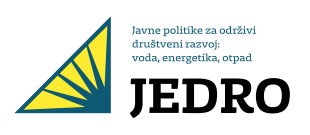
JEKA! - Strengthening eco-activism for urgent climate action

The JEKA project is focused on the global and local problem of the growing climate crisis, insufficient capacity of citizens’ initiatives and the citizens of Croatia and the region to influence the climate policy. For this reason, the main objective of the project is to build a dynamic and networked climate movement that will publicly advocate an urgent response to the climate crisis through innovative methods. Link to all project activities In addition to the lead partner Green Action and Brod Ecological Society - BED, the project also includes:
Wet habitats for life 2 – Euronatur 2020-2021. - removal of invasive species on the Gajna flood pasture and public education
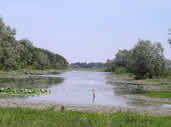
The aim of the project, which Brod ecological society-BED is implementing in partnership with the public institution Natura Slavonica goes in two directions - in order to ensure long-term sustainability, it is crucial to engage as much of the local population as possible. It is also important to educate children from a nearby school on topics about sustainable agriculture, biodiversity on Gajna and invasive plant species. By investing in the equipment needed to mow high-nature lawns under the existing rules of the Rural Development Programme, this project will alleviate the difficulties that farmers suffer in trying to implement poorly programmed measures. It will also support a collective method to protect Gajna pastures - allowing temporary solar-powered fences designed to manage different herds on a common pasture. The second part of the project is the continuation of public education about biodiversity and functions of the in wet meadows and pastures through Gaina.
First Pasturing community on protected area in Croatia
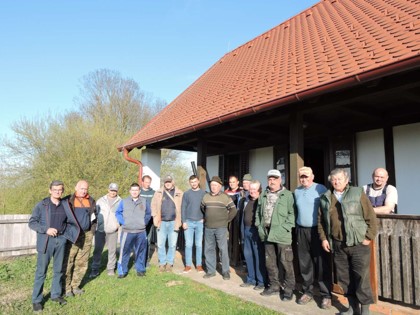
Gajna is currently the only place in Croatia which has preserved the common management model and adapted traditional management of existing legal framework, due to the effort of Brod Ecological Society- BED on the traditional common pasture. BED is a key driver and a member of PZBZ Eco-Gajna in the municipality Oprisavci near Slavonski Brod. For years, BED is fighting for alternative models of use and management of protected and Natura 2000 areas, in particular in connection with the traditional use of common pastures that still exist in some parts of the floodplain of River Sava. In 2015, the membership of Pasturing Community Eko-Gajna increased due to help of current members (at the beginning PZBZ Eko-Gajna had 7 members and currently there are 18). They are all farmers from two villages that surround Gajna, Oprisavci and Poljanaci. PZBZ Eko-Gajna has accepted a Management programme of Gajna whitch serves as a basis for annual programs and contains measures and nature protection conditions. In 2015 we succeed to amend Law on agricultural land in a way that finally recognizes the possibility of joint management on common pastures by accepting cooperatives as a tenants of land owned by the Republic of Croatia.
Stan on Gajna – info center for protected areas in BP County
In the project that involves investments in the preservation of nature in Croatia called NIP project (Nature Protection Investment Project) information and education center (Stan) was built on the significant landscape Gajna,. The project was conducted by the Public Institution for management of protected natural values of Brod-Posavina county and Stan was opened in 2013. It is adequately equipped for tourists and users of pastures as well as holding workshops and lectures on the preservation of nature and Natura 2000 ecological network. Stan is also used for other scientific and professional lectures in the field of natural and cultural heritage. Brod Ecological Society-BED was the initiator of this project in which was also opened educational trail in late 2016.
Collaborative council of Gajna - cooperation leads to success
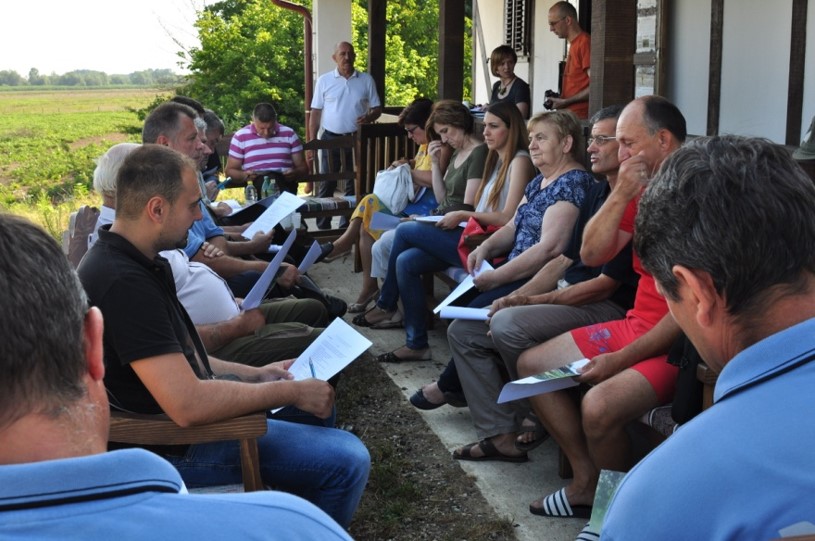
Cooperative councils regarding protected areas are not mandatory, they are merely recommended mechanisms by which the population related to them, as well as other stakeholders in other sectors, could contribute to a more successful governance. Only a few protected areas in the Republic of Croatia have established such advisory and participatory bodies, and the significant landscape Gajna is one of them. Gajna is a multifunctional area that supports not only biodiversity, but also multiple land use in the same spatial area (nature protection, agriculture, education, flood defence, tourism). MORE
Euronatur's Wetlands for Life 1 project successfully finished
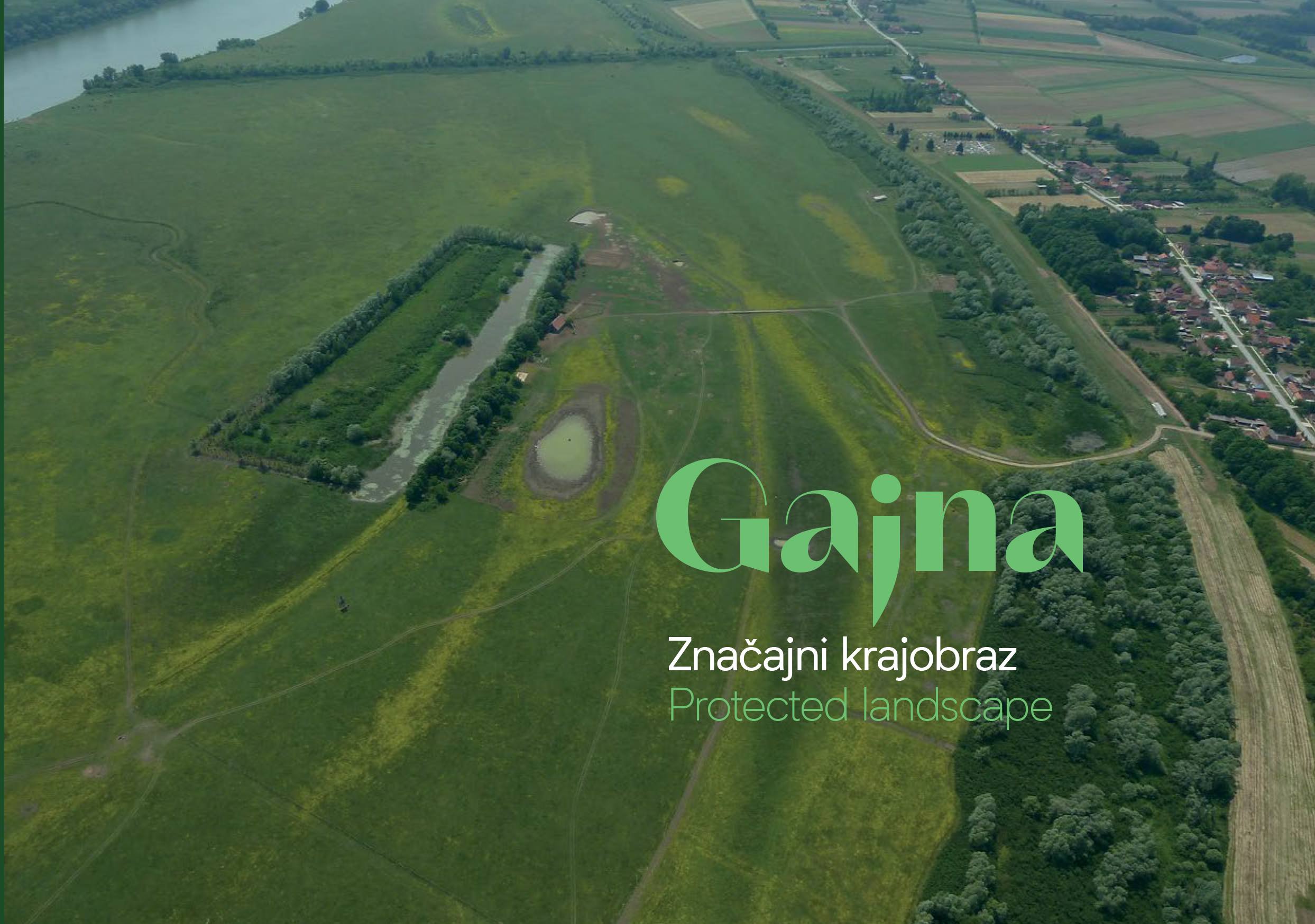
At the end of April 2020, on the significant landscape of Gajna, the project Wetlands for Life 1 finishes succesfully - providing water in the Gajna wetland and educating the public on the values of wetlands. The Brod Ecological Society-BED carried out the project with a partner, the Public Institution Natura Slavonica, as part of the call for the restoration of wet meadows and pastures by the EuroNatur organization and the European Village Network. The project lasted from 11/1/2018. to 04/30/2020.The project restored a special mechanism, deepened the natural connections in the depressions and removed the parts accumulated by sludge, and removed the invasive plants of the species where Sava first enters Gajna during the flood (Bogaz). Apart from the biodiversity restoration, the other goal was to educate the wider society about the value of wetlands and to educate and promote their services. This was done through a series of activities, including the printing of a brochure on Gajna, which can be viewed on the websites of the project partners. This is a link to the brochure which follows the logic and materials of the Gajna educational path.